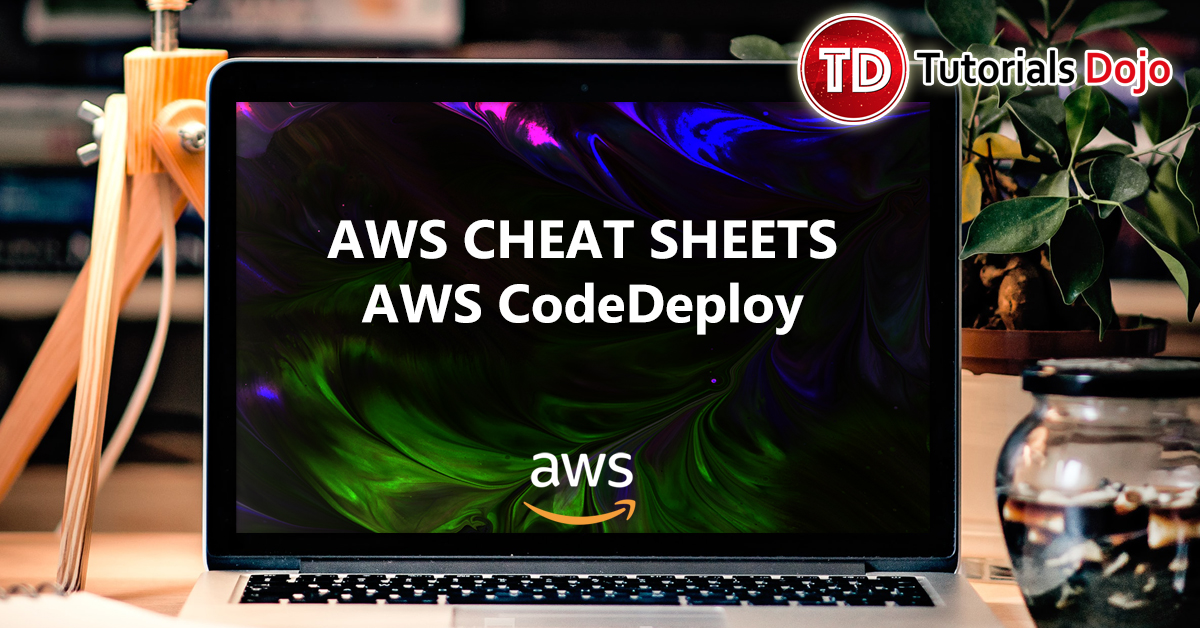Kinesis Scaling, Resharding and Parallel Processing
Jon Bonso2023-03-20T03:29:22+00:00Kinesis Resharding enables you to increase or decrease the number of shards in a stream in order to adapt to changes in the rate of data flowing through the stream. Resharding is always pairwise. You cannot split into more than two shards in a single operation, and you cannot merge more than two shards in a single operation. The Kinesis Client Library (KCL) tracks the shards in the stream using an Amazon DynamoDB table, and adapts to changes in the number of shards that result from resharding. When new shards are created as a result of resharding, the KCL discovers [...]










